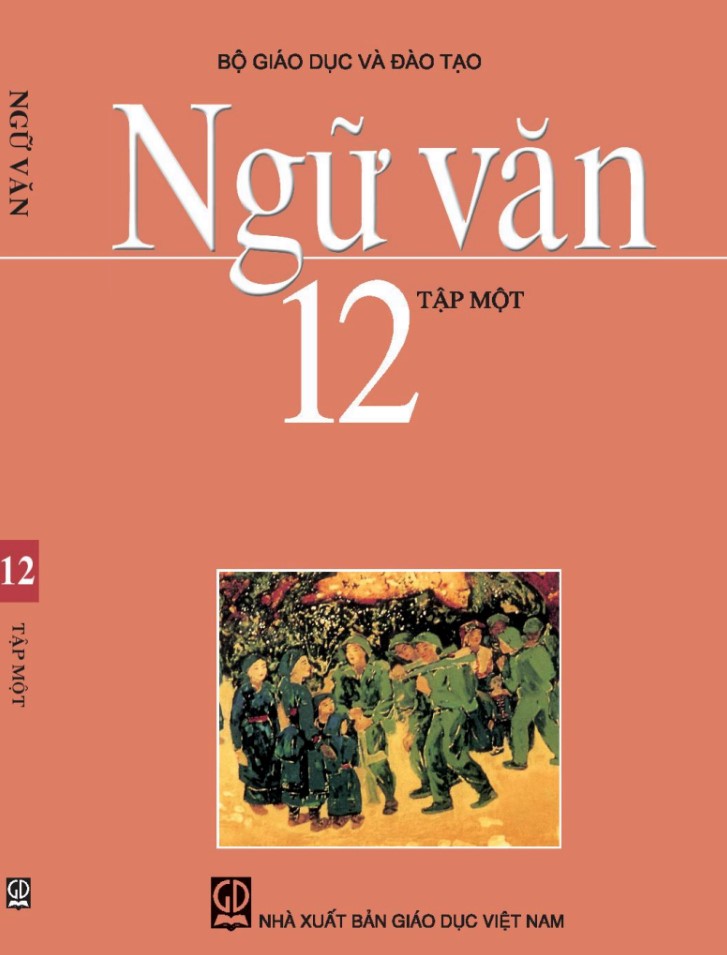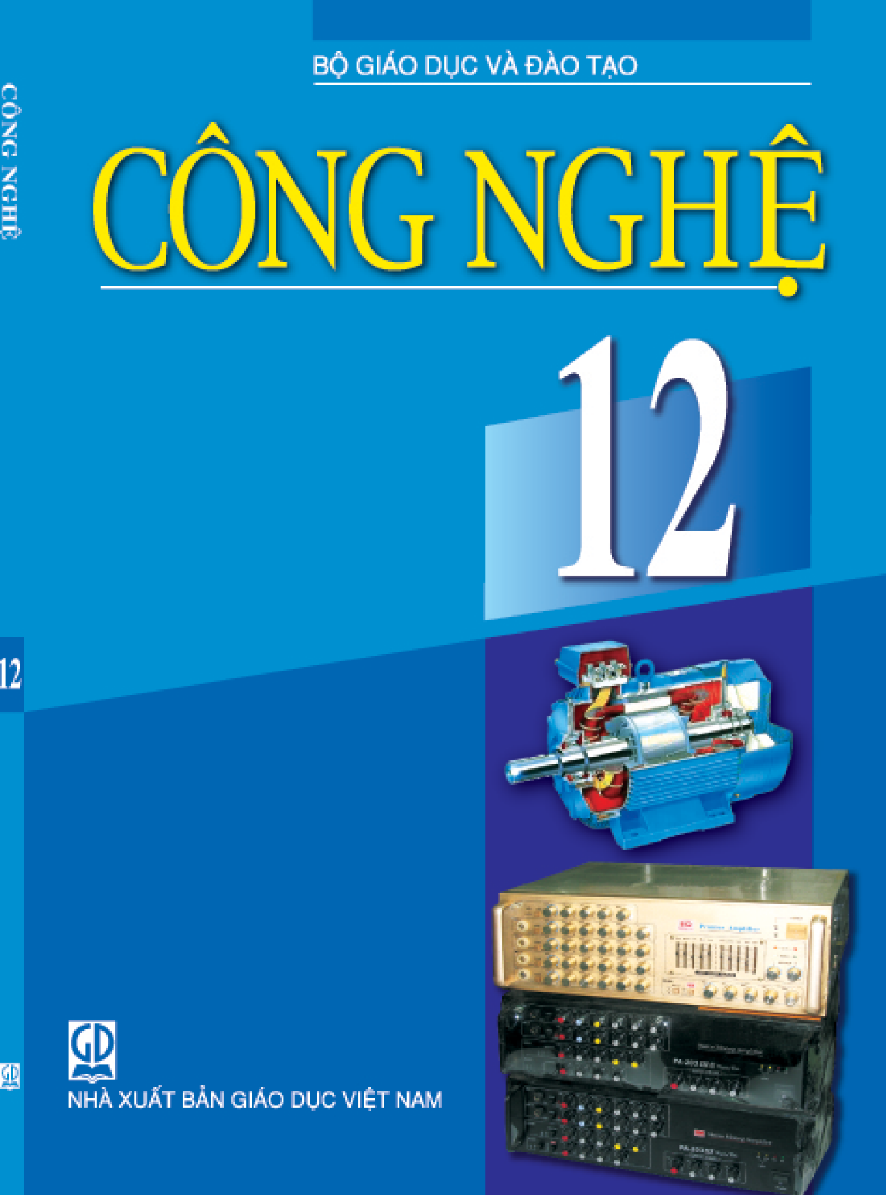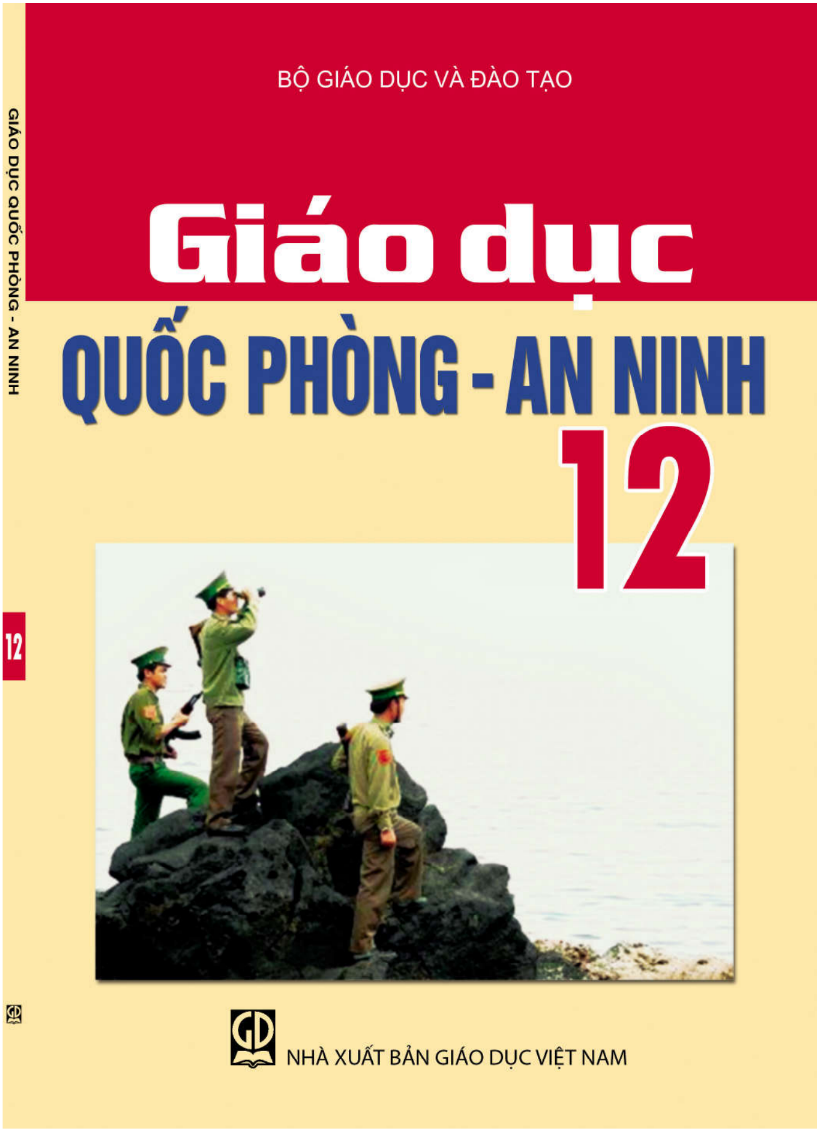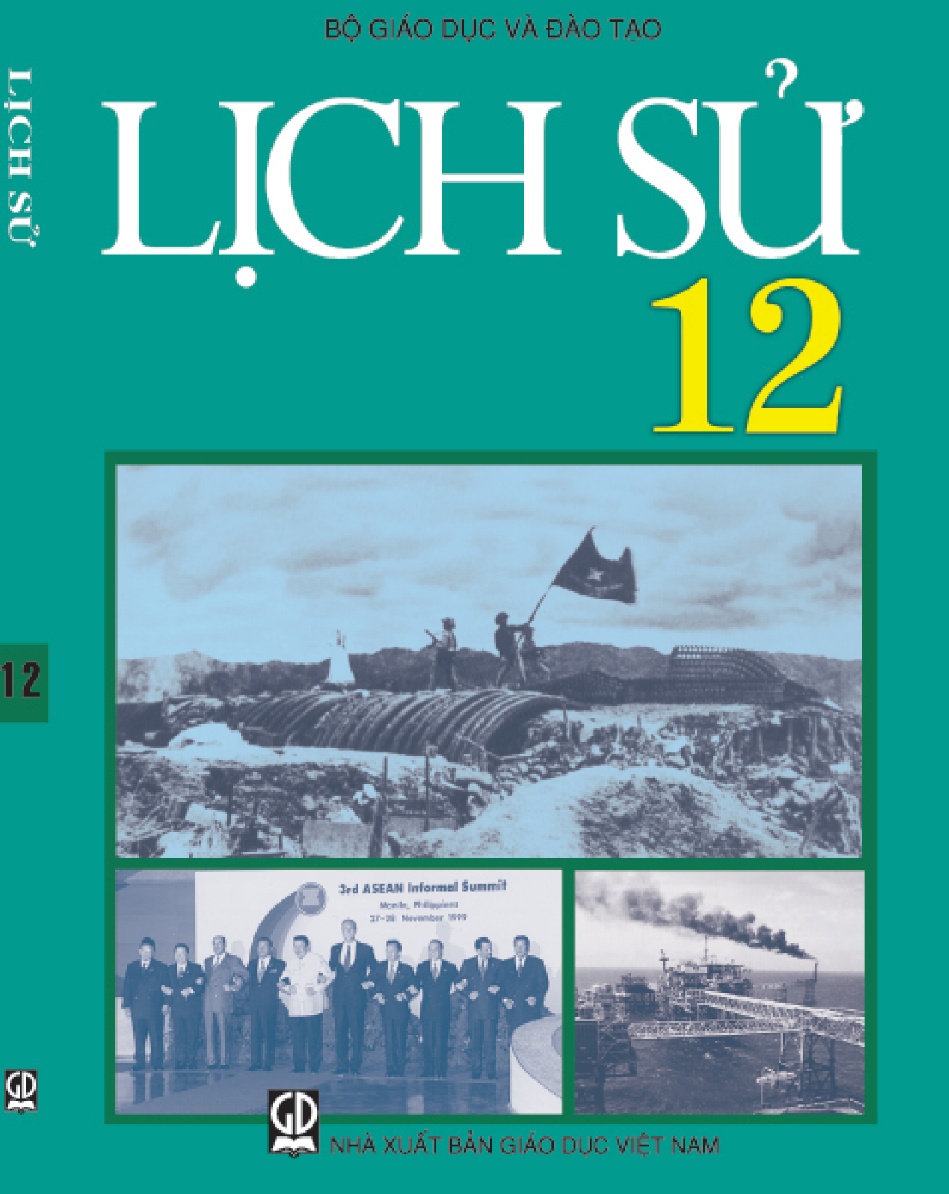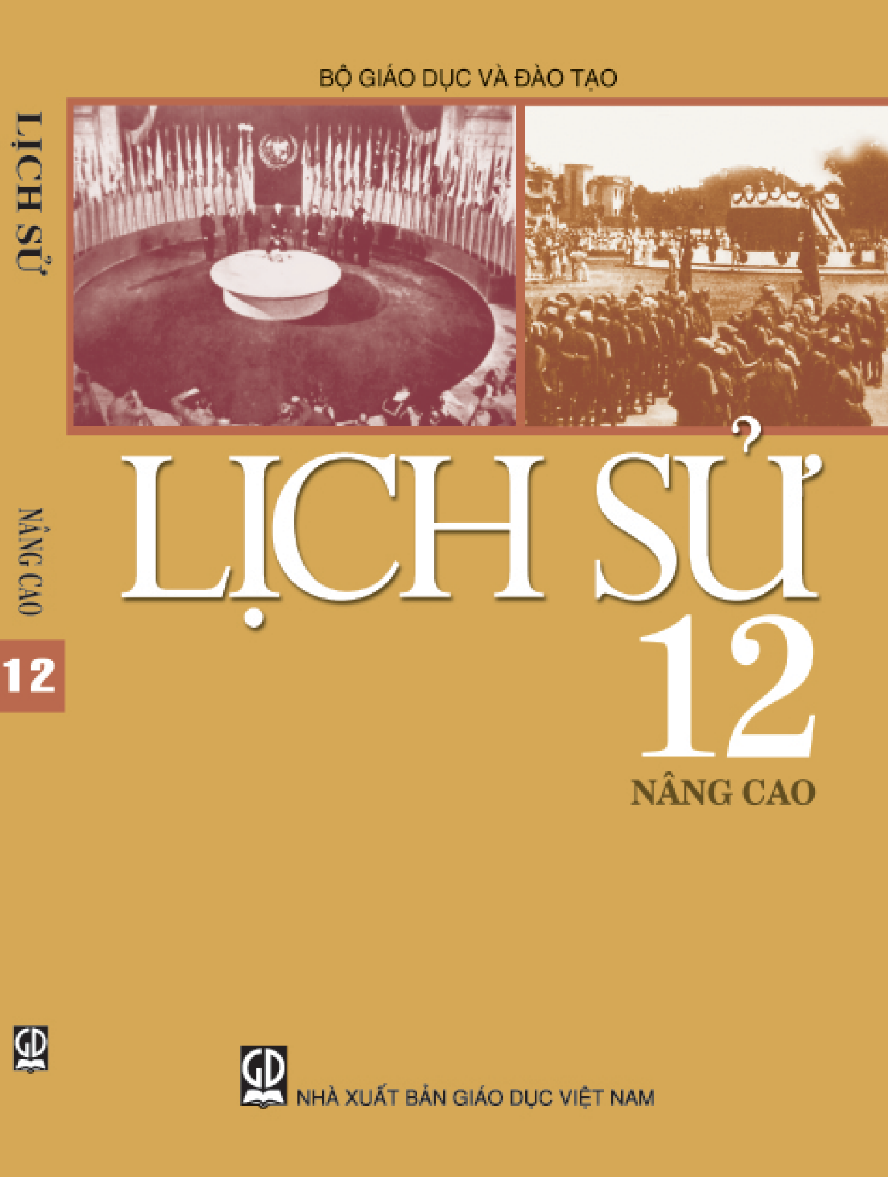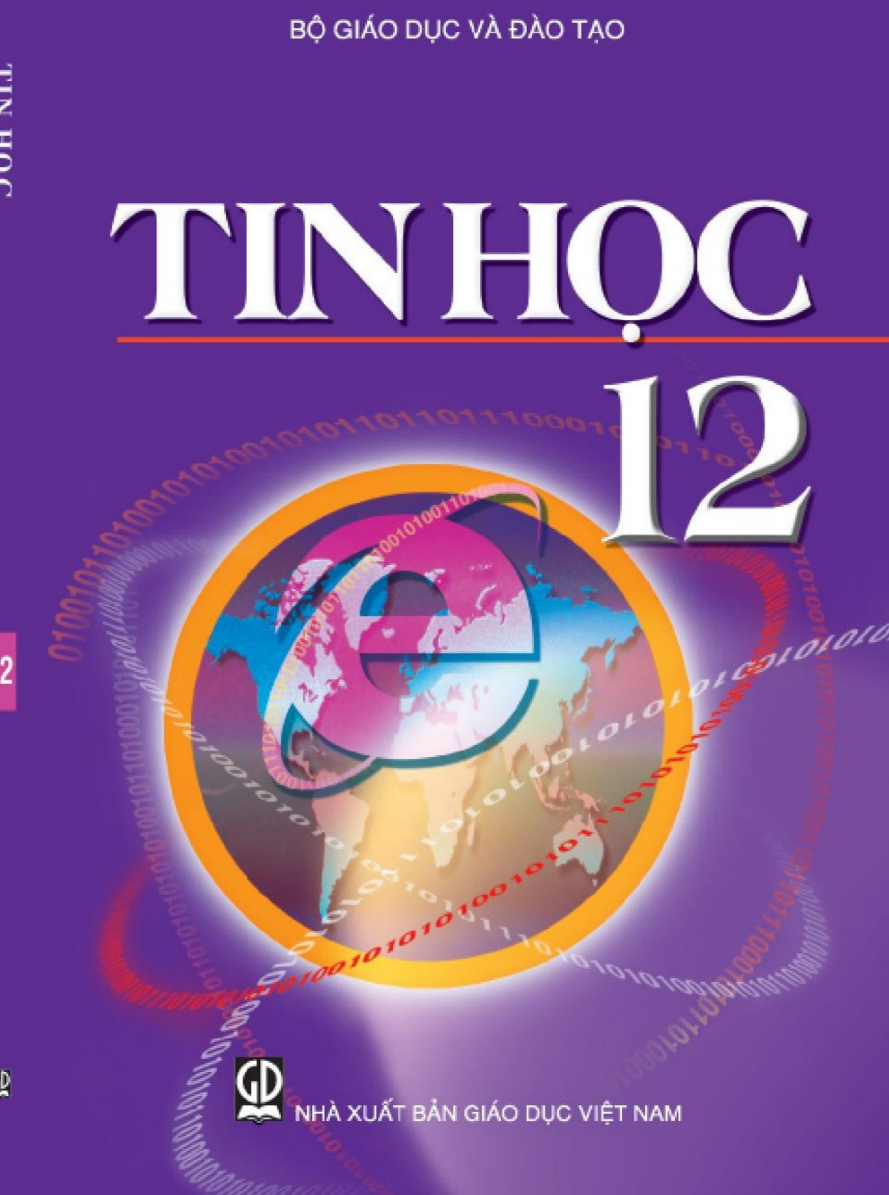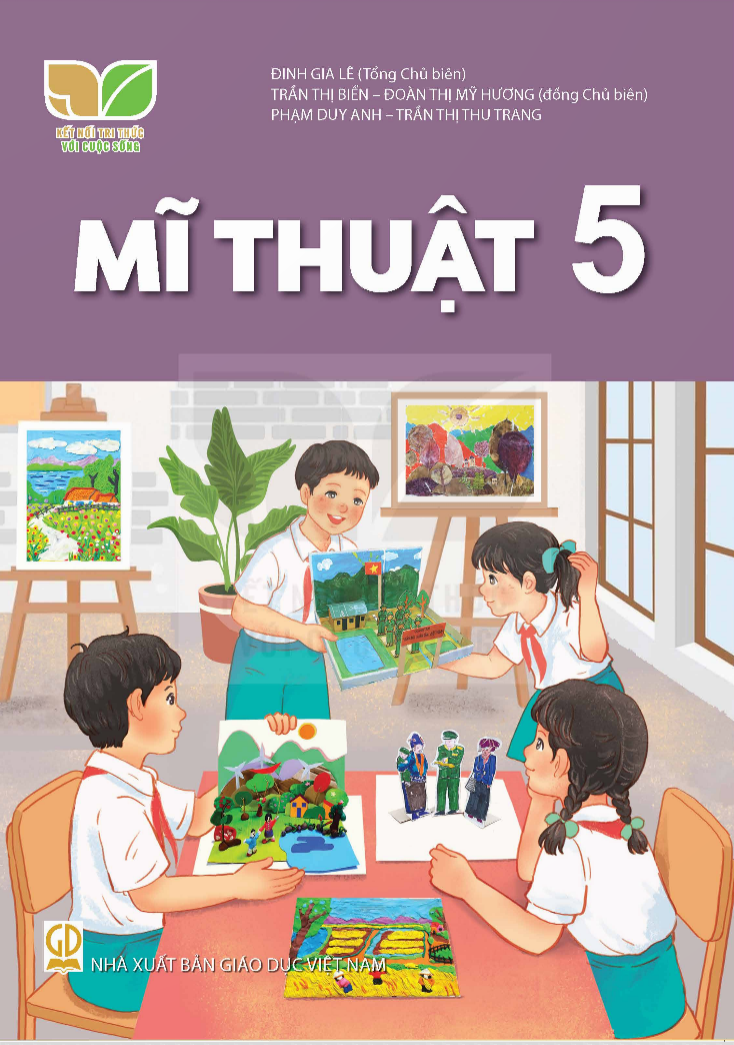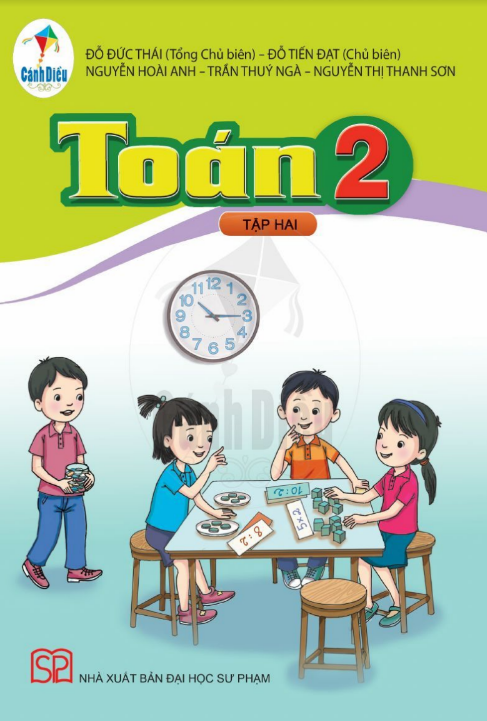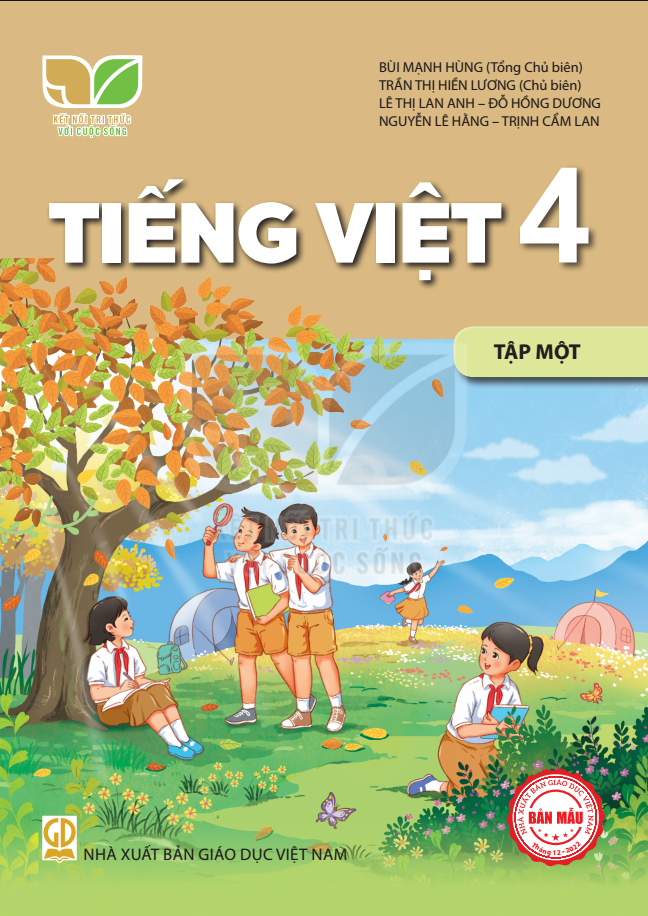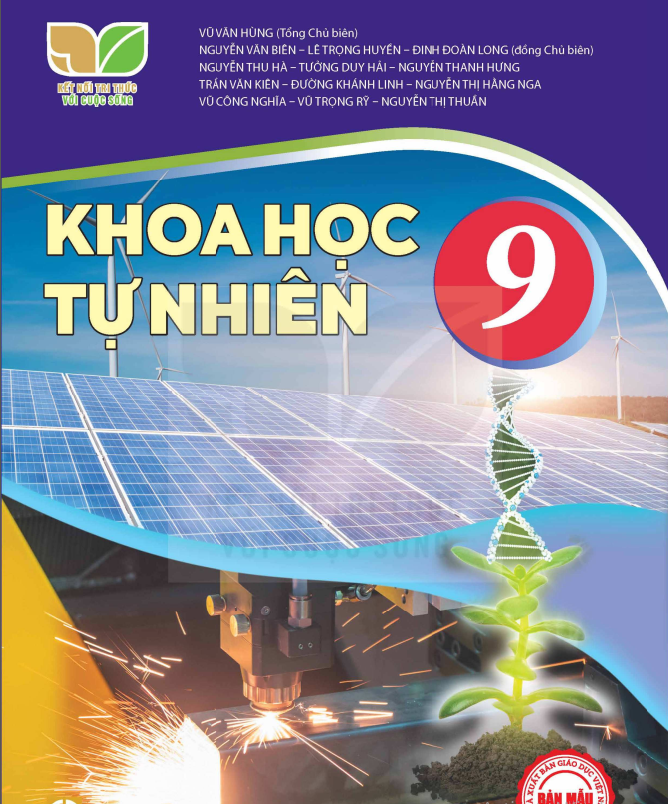(Page 142)
II. SKILLS
Listening
1. Listen to a talk about lifelong learning. Which of the following is NOT mentioned as a reason for lifelong learning? 🎧
A. The impact of technology on jobs.
B. Employees' expectations of success.
C. More competitive job market.
2. Listen again and complete the following notes with no more than THREE words for each gap. 🎧
Lifelong learning: continuous (1) _____.
1. We are living in the age of advanced technology and (2) _____.
- People lose jobs as companies cut down on staff.
- Some jobs become (3) _____ or automated.
- There is an increasing demand for other (4) _____.
2. The job market is more competitive. You need to keep knowledge and skills current.
- You need to be able to show that you can learn (5) _____.
- You'll be valued as an employee if you are committed to (6) _____.
Speaking
1. Work in pairs. Below are some ways to keep learning throughout life. Discuss and rank them in order of importance.
| Ways | Order of importance |
| a. Attending training courses and professional seminars | |
| b. Researching topics of interest and gathering information | |
| c. Putting knowledge and new skills into practice | |
| d. Taking up new hobbies or sports | |
| e. Reading books and newspapers every day |
2. Work in groups. Think about other ways to keep learning through life and add them to the table in 1. Share your group's ideas with the class.
(Page 143)
Reading
1. Read the article below. Match each section (A-D) with a heading (1-5). There is ONE extra heading that you do not need to use.
1. Exploring career options
2. Reaching out for guidance
3. Taking action to turn goals into reality
4. Getting a university degree
5. Getting to know yourself
CAREER PLANNING
Choosing a career after leaving senior secondary school is particularly important to students. Below are some practical tips for successful career planning.
A. _____
Making a list of job options is the first step in choosing a career path. People may pursue a particular career for various reasons such as better pay, job satisfaction, promotion prospects and so on. While making your list, you should learn more about each option that interests you and try to discover new career opportunities that you were not aware of.
B. _____
You should also identify your personal interests and activities you enjoy. Do you see yourself as a patient, responsible, and trustworthy person? Do you have a passion for music, acting, or working with children? Try to discover your personality and get to know your strengths. This will help you match career options to your personality type and interests.
C. _____
There is a lot of support for students trying to make career decisions. Start by discussing your career plan with your parents and teachers. You can also attend job fairs where you will have the opportunity to talk to career advisers, and meet employers and recruiters. Make sure you prepare well by researching the participating companies in advance and identifying who you want to talk to.
D. _____
Once you have identified suitable career options and done enough research, start working towards achieving your goals. How do you want to get there? Do you need a university degree or an apprenticeship? Are there any online courses or training programmes to help you gain the knowledge and skills your career requires? Write down everything you need to do and monitor your progress as you work.
2. Read the article again. Choose the correct answer A, B, C, or D. ![]()
1. How is the article organised?
A. Using a 'cause and effect' text structure.
B. Identifying problems and providing solutions.
C. Discussing similarities and differences.
D. Sorting information into themes and categories.
2. According to Section B, which of the following is one way of identifying a suitable job?
A. Finding career choices suitable for your personality and interests.
B. Using music to help you understand yourself.
C. Working with children to get to know your passions.
D. Thinking of career options and matching them to your strengths.
3. According to Section C, how can students get the most out of a job fair?
A. By preparing their questions in advance.
B. By asking their parents and teachers for help.
C. By working out which participating companies they want to meet in advance.
D. By sharing their job lists with career advisors.
4. Why do you think the writer asks questions in Section D?
A. To engage readers and encourage them to think about the answers.
B. To ask readers to send their answers to him/her.
C. To show that writers can't provide all the answers.
D. To help the writer organise his/her ideas in the paragraph.
5. The word 'monitor' in Section D is closest in meaning to
A. introduce quickly
B. check regularly
C. support daily
D. achieve slowly
Writing
Look at the job advert below. Imagine that you want to apply for the job. Write your own CV. Try to match it with the job description.
Fashion assistant required
• Want to take your first step into a career in fashion design?
• We are hiring a fashion assistant to join our team at Teen Fashion Culture, a leading fashion retail group. We will offer on-the-job training and support to the right candidate.
• Job responsibilities:
- Researching current fashion trends.
- Assisting the fashion design team in developing ideas for new products and designing sketches.
Please send your CV to: fashionabledesign@webmail.com
